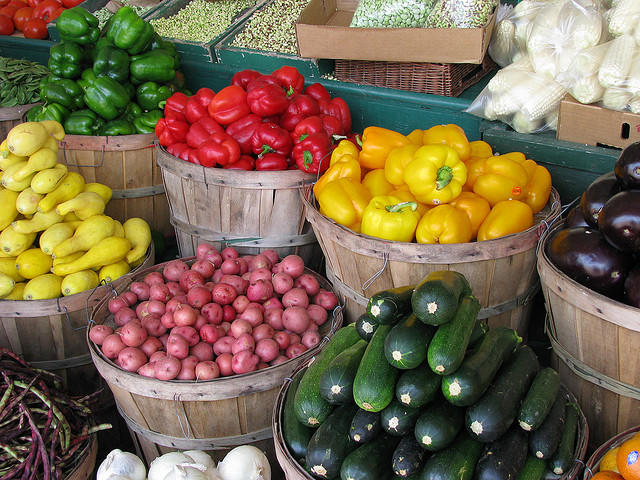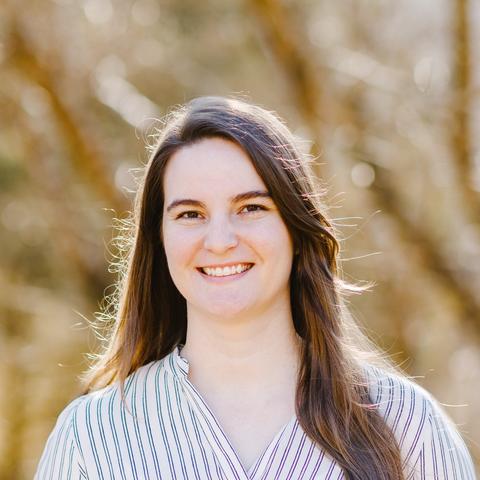
Section Branding
Header Content
Study aims to help Georgia farmers transition to certified organic farming
Primary Content

To answer increasing demand, University of Georgia researchers have launched a study looking at ways to help Georgia farmers transition to growing certified organic vegetables on out-of-use farmland or pasture.
Kate Cassity-Dufffy, an assistant professor of horticulture at UGA and one of the study's researchers, said while dormant land is often more available and affordable than active farms, it can suffer from a major obstacle for organic growers: a lot of Bermuda grass and other perennial weeds.
“I think there are some alternative organic methods for pests and disease,” Cassity-Duffy said. “But when it comes to weeds, it’s really hard because we can’t use the herbicides that you use in conventional production.”
Cassity-Duffy said one way organic farmers deal with weeds is by tilling the land — and tilling can cause erosion and other soil problems.
This three-year study will test a method called "no till drill cover cropping," where farmers plant cover crops directly into the land with the hope that the crops can outcompete the weeds. It’s a technique that Cassity-Duffy said is not necessarily new.
“While I was doing research for this grant, there’s a paper from 1918 where they did almost a very similar thing,” Cassity-Duffy said. “But due to the advent of herbicides in the early 1920s, 1930s, we’ve shifted away from this because you can kill Bermuda grass very easily with herbicides.”
The study also includes a statewide survey to understand what out-of-use farmland or pasture is like. They’re looking into the quality of the soil, the possibility of lingering herbicides lingering and more.
The study is funded through the U.S. Department of Agriculture’s Organic Transitions Initiative and is a collaboration between Cassity-Duffy, UGA horticulture professor Timothy Coolong and assistant professor of weed science Nicholas Bassinger.

